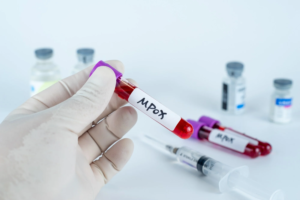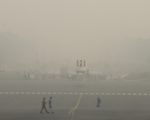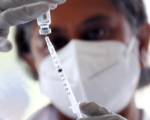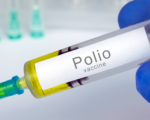WHO Declares Mpox a Global Public Health Emergency Amid New Outbreak in Africa

The World Health Organization (WHO) has once again declared mpox a global public health emergency, marking the second such declaration in two years. The latest outbreak began in the Democratic Republic of Congo and has rapidly spread to neighboring countries, including Burundi, Kenya, Rwanda, and Uganda, prompting the WHO to take swift action. Mpox, a viral infection that spreads through close contact, typically presents with flu-like symptoms and pus-filled lesions on the body. While generally mild, it can be fatal in rare cases.
The current outbreak in Congo initially involved an endemic strain known as clade I, but a new variant, clade Ib, has emerged, which appears to spread more easily through routine close contact, including sexual contact. This variant’s rapid spread across multiple African nations has raised alarms, leading to the WHO’s decision to declare a “public health emergency of international concern” (PHEIC), the organization’s highest level of alert.

This designation is crucial as it can accelerate global research, funding, and public health measures to contain the outbreak. WHO Director-General Tedros Adhanom Ghebreyesus emphasized the importance of a coordinated international response to prevent further spread and save lives.
The situation in Africa is particularly concerning, with the continent’s top public health body, the Africa Centres for Disease Control and Prevention, also declaring an mpox emergency earlier this week. The continent has reported over 17,000 suspected cases and 517 deaths this year alone, a significant 160% increase compared to the same period last year. So far, 13 African countries have reported cases of the viral infection.
This is not the first time mpox has triggered a global health emergency. In 2022, a different form of the virus, clade IIb, spread internationally, primarily through sexual contact among men who have sex with men. The WHO had declared a public health emergency at that time as well, which was lifted 10 months later after the outbreak was contained.
The reemergence of mpox as a global health threat underscores the need for vigilant monitoring, rapid response, and international cooperation to prevent further escalation of the outbreak.





















